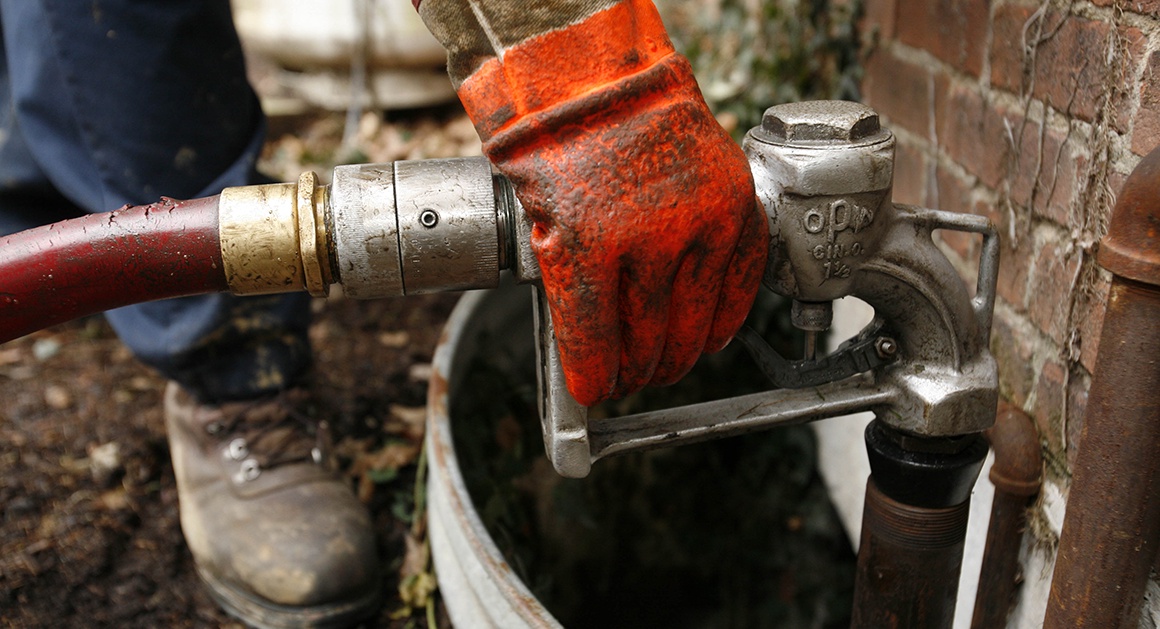In the realm of residential heating, heating oil systems play a vital role in keeping homes warm and comfortable, especially during the colder months. From the storage tank to the radiator, each component of a heating oil system works together seamlessly to provide reliable warmth. In this blog, we'll take a comprehensive look at home heating oil systems, exploring their components, functionality, and maintenance requirements.
The Storage Tank:
- Foundation of the System: The storage of heating oil tank serves as the foundation of a home heating oil system, storing the fuel until it's needed for heating. Tanks are typically located outdoors, either above ground or underground, and come in various sizes to accommodate different fuel usage needs.
- Safety Considerations: Proper tank maintenance is crucial to ensure safety and prevent leaks or spills. Tanks should be inspected regularly for signs of corrosion, damage, or leakage, and any issues should be addressed promptly by a qualified technician.
Fuel Delivery System:
- Fuel Delivery Process: When the heating system calls for heat, fuel is drawn from the storage tank and delivered to the burner via a fuel delivery system. This process is typically controlled by a pump or gravity feed system, depending on the configuration of the heating system.
- Automatic vs. Manual Delivery: Some heating oil systems feature automatic delivery, where the provider monitors fuel levels and schedules deliveries accordingly. Others require homeowners to monitor fuel levels and request deliveries as needed.
The Burner:
- Combustion Chamber: The burner is responsible for atomizing the heating oil and mixing it with air in the combustion chamber. This mixture is then ignited to produce heat, which is transferred to the home's heating system.
- Efficiency and Performance: Modern burners are designed for optimal efficiency and performance, ensuring clean combustion and minimal fuel waste. Regular maintenance is essential to keep the burner operating smoothly and efficiently.
The Heating System:
- Distribution of Heat: Once the fuel is burned, the resulting heat is transferred to the heating system, which distributes it throughout the home. This can be achieved through radiators, baseboard heaters, or radiant floor heating, depending on the system's design.
- Zoning Options: Some heating systems feature zoning capabilities, allowing homeowners to control the temperature in different areas of the home independently. Zoning can improve energy efficiency and comfort by directing heat only where it's needed.
Maintenance and Care:
- Regular Inspections: Routine maintenance is essential to keep a home heating oil system operating efficiently and safely. Schedule annual inspections and tune-ups by a qualified technician to check for any issues and ensure optimal performance.
- Filter Replacement: Filters should be replaced regularly to prevent clogs and maintain fuel flow to the burner. Dirty or clogged filters can impede combustion and reduce heating efficiency.
- Tank Maintenance: Proper tank maintenance, including cleaning, inspection, and corrosion prevention, is crucial to prevent leaks and ensure the integrity of the tank. Tanks should be inspected regularly for signs of damage or deterioration.
Safety Considerations:
- Carbon Monoxide Detection: Install carbon monoxide detectors in your home to alert you to any potential leaks or combustion issues with your heating oil system. Carbon monoxide is a colorless, odorless gas that can be deadly if inhaled in high concentrations.
- Fire Safety Precautions: Follow proper fire safety precautions when operating your heating oil system, including keeping flammable materials away from the burner and ensuring adequate ventilation in the heating area.
Conclusion:
Home heating oil systems play a vital role in keeping homes warm and comfortable throughout the year. From the storage tank to the radiator, each component of the system works together to deliver reliable heat efficiently and safely. By understanding the functionality and maintenance requirements of heating oil systems, homeowners can ensure optimal performance and longevity, providing peace of mind and comfort for years to come.


No comments yet